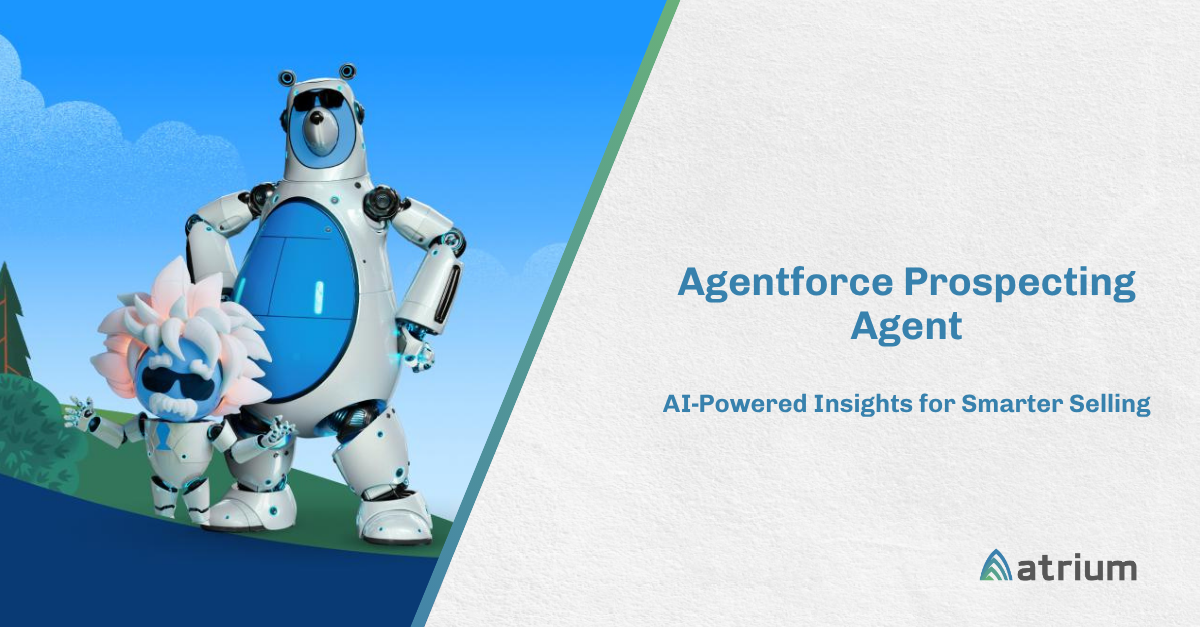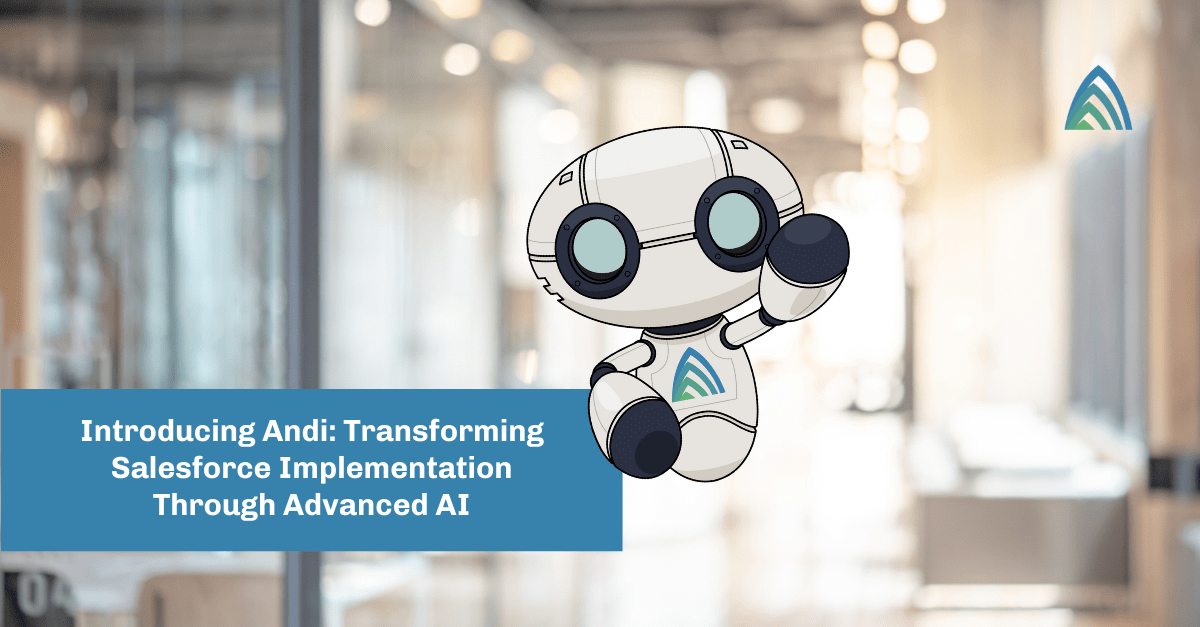The wealth management world is a whirlwind of change. Client expectations are soaring, digital innovation is accelerating, and regulations are becoming increasingly complex. In the midst of this maelstrom, generative AI is touted as the next big thing, a revolutionary force poised to reshape the industry.
With all the buzzwords and hype, it’s easy to feel overwhelmed or even apprehensive about the role of AI, both predictive and generative, in wealth management. Don’t let fear of the unknown hold you back from harnessing the transformative power of AI. Let’s dispel three common myths that often cloud our understanding of AI’s true potential.
Myth #1: AI will replace human advisors.
While AI can automate certain tasks and provide valuable insights, it is not meant to replace the expertise and personalized guidance of human advisors. We often tell clients it is critical to “keep a human in the loop” to check that AI-generated outputs are accurate and make sense.
The human touch remains crucial to building trust with clients and understanding their financial goals and circumstances. In short, AI tools should be augmentative; they should provide insights and automations that make humans more efficient than before.
Myth #2: AI is only for large firms.
This is a common misconception. While larger firms may have more resources to invest in AI, smaller firms can still leverage AI-powered tools and solutions to their advantage. In fact, AI can level the playing field, giving smaller firms access to sophisticated analytics, portfolio optimization, and risk management tools that were previously only available to larger institutions.
By leveraging tools that integrate with their CRM, smaller firms can target high-value use cases that allow them to drive more consistent, data-driven decision-making, offering a quicker path to value and efficiency.
Myth #3: AI is a magic bullet.
While AI offers significant potential for improving efficiency and decision-making in wealth management, it is not a magic solution that can instantly solve all challenges. AI algorithms require high-quality data and careful calibration to produce accurate and reliable results.
Think of most models as providing the answer to a question — start by collecting data relevant to that question (i.e., “How can I limit client churn?”) in order to make useful predictions of an outcome. Often, validating predictive AI models — and ultimately, using predictions to be more efficient — requires a combination of subject matter expertise, data, and algorithms. An AI-driven approach typically combines various models (and some generative AI as well) to drive better decision-making and automation and unlock significant business value.
AI: A trustworthy ally for personalized and efficient wealth management
In wealth management, trust, personalization, and efficiency are non-negotiable. Generative AI, with its advanced algorithms and machine learning, has the potential to align seamlessly with these values. Think of AI tools as your trustworthy sidekick for:
- Empowering clients: Providing transparent AI-driven recommendations based on historical patterns, product similarities, and client information in a way that clients can understand and trust, helping them make informed decisions about their financial future.
- Personalization: AI models are very capable of sifting through mountains of data to uncover unique client preferences and predict future financial trends, enabling advisors to craft strategies that truly resonate.
- Boosting efficiency: Automating client interactions, managing contacts, and proactively suggesting service enhancements in the CRM realm. Behind the scenes, it can boost operational efficiency by automating routine tasks and performing complex analyses, all while ensuring regulatory compliance.
Real-world benefits for clients and advisors
AI isn’t just theoretical; it’s already making waves in the wealth management landscape with:
- Data-driven insights: AI algorithms can analyze vast datasets to identify hidden patterns and predict market trends, empowering advisors to craft bespoke investment strategies that are both proactive and responsive.
- Enhanced client relationships: By automating routine tasks and continuously monitoring portfolios, AI frees up advisors’ valuable time, allowing them to focus on building deeper relationships with clients and providing personalized guidance.
- Compliance guardianship: AI can handle the heavy lifting of compliance monitoring, ensuring that all interactions and transactions are not only legal but also ethically sound, keeping the client’s best interests at heart.
Integrating AI: Transforming wealth management
The integration of generative AI is revolutionizing the wealth management landscape. It’s not just about adding new tools; it’s about weaving intelligent capabilities into the very fabric of how firms operate and serve their clients. Benefits include:
A holistic client view: Integrated CRM systems, powered by AI, are breaking down data silos to provide a 360-degree view of each client. This comprehensive understanding enables advisors to gain deeper insights into individual preferences, financial goals, and risk tolerances, leading to hyper-personalized strategies and recommendations.
Data-driven decision making: AI-enhanced analytical tools are empowering advisors with sophisticated data analysis capabilities. These tools can sift through vast amounts of financial data, identifying patterns, trends, and potential risks that might be missed by human eyes alone. This allows for more consistent, data-driven decision-making, ultimately leading to better outcomes for clients.
Streamlined operations: Automated administrative systems are taking the burden of repetitive and time-consuming tasks off the shoulders of advisors. This not only frees up valuable time for building client relationships but also reduces the risk of human error, ensuring smoother and more efficient operations. Ultimately, generative AI tools allow advisors to automate more routine tasks while focusing on more complex challenges, like taking client relationships to a deeper level.
Seamless communication: AI-driven communication tools are facilitating seamless interactions between advisors and clients. AI-powered chatbots, virtual assistants, and other conversational platforms are available 24/7 to answer questions, provide information, and even initiate proactive outreach, enhancing client engagement and satisfaction.
The future of AI in wealth management
The evolution of AI in wealth management doesn’t stop here. As client needs become more sophisticated, so too does the technology. We are on the cusp of even more advanced AI applications, including:
- Agentic AI: This next-generation AI will go beyond analysis and recommendations. It will have the capability to make proactive decisions in real time, dynamically adjusting portfolios based on market conditions and individual client goals.
- AI-driven behavioral finance: By understanding the psychological factors that influence financial decisions, AI can tailor advice to individual risk tolerances and preferences. This personalized approach can help clients make more rational choices and achieve better long-term financial outcomes.
- Advanced natural language processing: AI-powered interfaces are becoming increasingly intuitive, allowing clients to interact with complex financial information in a more natural and conversational way. This democratizes access to financial knowledge and empowers clients to take more active roles in their financial futures.
- Regulatory technology: AI is not just about optimizing returns; it’s also about ensuring compliance. Regulatory technology, or RegTech, leverages AI to automate compliance monitoring and reporting processes, reducing risk and ensuring adherence to complex financial regulations.
This is just a glimpse into the future of AI-powered wealth management. As the technology continues to evolve, we can expect even more innovative and transformative applications that will redefine the industry and shape the future of financial advice.
Embracing the AI journey
While the promise of AI in financial services is undeniable, it’s crucial to approach this new frontier with a discerning eye. Cutting through the noise requires a clear understanding of what AI truly is, its practical applications in wealth management, and the potential pitfalls to watch out for.
Embracing AI is a marathon, not a sprint. A thoughtful, measured approach is key to successful integration and maximizing the benefits while mitigating potential risks. Here’s a roadmap to guide your AI adoption journey:
- Pilot phase: Begin by dipping your toes into the AI waters. Choose a specific area where AI could have a meaningful impact. Conduct a pilot project to test the capabilities of AI technologies in this controlled environment.
- Implementation and scaling: Once your pilot proves successful, it’s time to expand your AI initiatives. Scale your chosen AI solutions to other relevant areas of your business. This phase requires comprehensive staff training and robust data management frameworks.
- Continuous monitoring and optimization: Integrating AI is not a “set it and forget it” proposition. Continuous monitoring and optimization are crucial for long-term success. Regularly update and retrain your AI models in response to changing business conditions or data shifts to continuously maintain the effectiveness of AI-driven processes.
- Business change enablement to drive trust: AI-based tools offer tremendous potential to drive personalization and efficiency, but only if they are adopted. Many of the biggest barriers to AI implementation come from a failure to build trust in models. Change enablement ranging from training advisors on how to use these tools to building cross-functional consensus on building and deploying AI solutions is critical to success.
Taking the next step
In the world of wealth management, generative AI isn’t just a trend; it’s a transformative force with the potential to enhance trust, personalization, and efficiency. However, it’s essential to separate the hype from reality.
By understanding the true capabilities and limitations of generative AI, you can make informed decisions about how to leverage this technology to meet the evolving needs of today’s investors and empower advisors to provide even better service.
The question is, are you ready to embark on this journey and lead the charge? Our team of data science experts understand the financial services industry and can help you take your strategy to the next level. Contact us to learn more.









